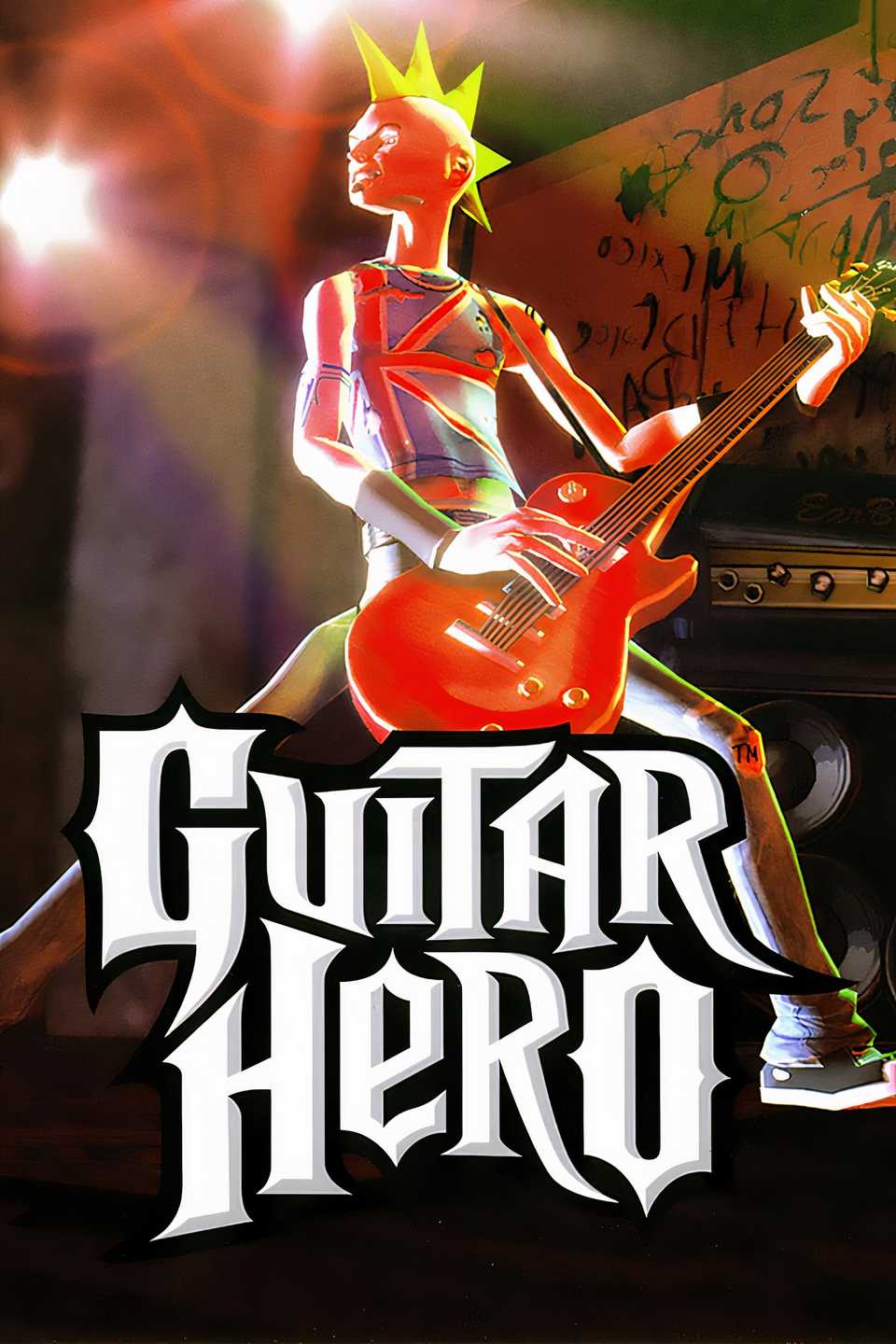
Sign in to your ScreenRant account

Once upon a time, Guitar Hero was more than just a video game. It was a cultural phenomenon, transforming living rooms into concert halls and everyday people into rock stars, all with the press of a few colored buttons. At its peak in the mid-2000s, Guitar Hero was a billion-dollar juggernaut. Everyone knew it. Everyone played it.
And yet now, in 2025, how often do you think about Guitar Hero? Guitar Hero‘s drop-off in popularity isn’t a huge mystery, but it is definitely one worth looking at more closely. It’s not that people suddenly stopped liking music or rhythm games. It’s simply that Guitar Hero, like so many other fads, burned bright and faded fast.
Guitar Hero Lost Its Novelty Pretty Quickly
The Genre Became Oversaturated & Uninteresting

The original Guitar Hero launched in 2005 and immediately struck a chord with players (sorry). Its accessible gameplay, catchy set-lists, and plastic guitar controllers made it an instant hit. Sequels followed rapidly, with Guitar Hero 2, 3: Legends of Rock, and World Tour, each bigger and more ambitious than the last.
By 2008, the franchise was raking in over a billion dollars annually. Spin-offs, band-specific versions like Guitar Hero: Metallica, and rival games like Rock Band flooded the market. And that was exactly the problem.
Oversaturation hit hard. Between Guitar Hero and Rock Band, dozens of rhythm games were released in just a few short years. Players got tired of spending hundreds on new controllers, song packs, and annual updates. The novelty had officially worn off, and by 2010, sales were declining.
Activision pulled the plug on the franchise in 2011. There was an attempt to revive the series in 2015 with Guitar Hero Live, featuring a new guitar design and a live-action concert format. The game was met with underwhelming sales, however, sounding the death knell for the franchise.
Guitar Hero As A Franchise May Never Come Back
10 Years After GH Live’s Flop, Is There Any Way The IP Could Be Successfully Rebooted?

What makes Guitar Hero’s fall from grace so interesting is how thoroughly it disappeared. Franchises ranging from Super Mario to Call of Duty have evolved and stayed relevant despite massive changes in the gaming industry.
Guitar Hero, once one of the biggest games of all time, is now barely more than a footnote in most players’ memory. You probably haven’t thought about it in years unless you tripped over an old guitar controller in your garage.
That said, Guitar Hero’s legacy remains. Guitar Hero helped bridge music and gaming in a completely unique and tactile way. It introduced new audiences to rock classics and proved games could be a social experience beyond the screen. In the end, it was a victim of its own success. Too big, too fast, and ultimately, too much.

Guitar Hero
- Released
- November 1, 2005
- ESRB
- t // Mild Lyrics
- Developer(s)
- Harmonix
- Publisher(s)
- RedOctane
- Multiplayer
- Local Multiplayer
- Franchise
- Guitar Hero
